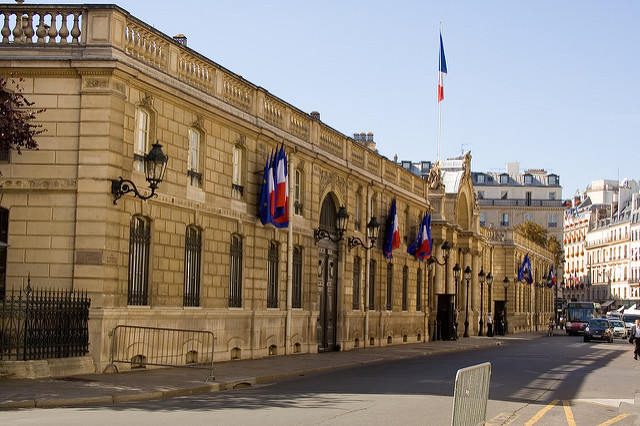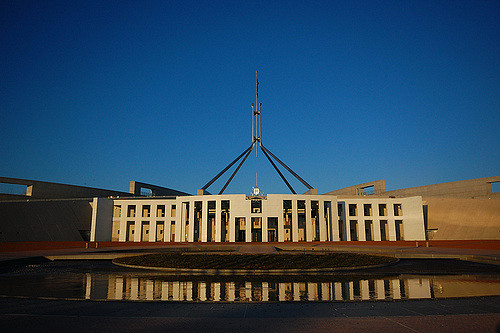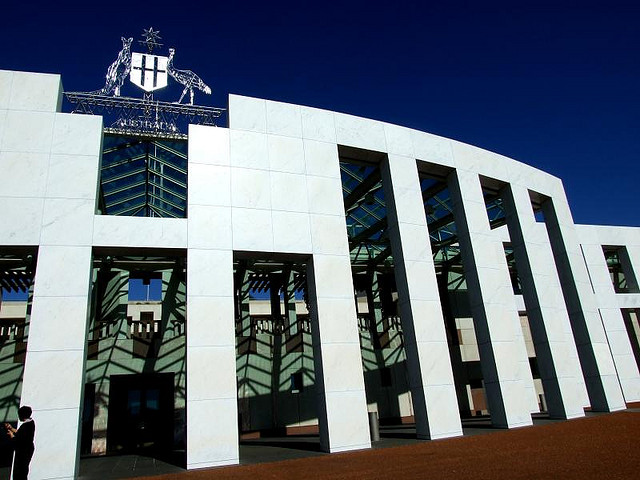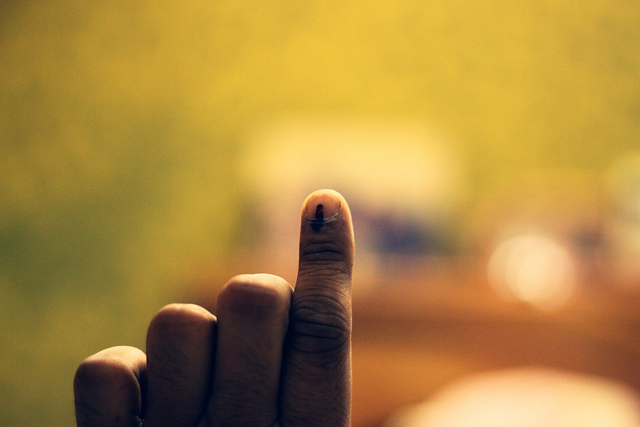Race, faith and Ahok’s defeat

After one of the most tumultuous campaigns in Indonesian history, the incumbent governor of Jakarta, Basuki Tjahaja Purnama (Ahok) was soundly defeated by former Education Minister and academic, Anies Baswedan, in the second round of the election held on 19 April. Most exit polls have Anies winning about 57% of the vote to Ahok’s 43%.
What made this election so significant was the role of race and faith in determining the final result. The open vilification of Ahok on religious and racial grounds has no precedent in any Indonesian election.
Eight months ago, the Jakarta election appeared to be following the familiar pattern of voting behaviour being driven by perceptions of the incumbent’s performance. A governor or mayor who was seen to having done a good job would usually be re-elected. In mid-2016, Ahok was strongly placed with opinion surveys recording some two-thirds of respondents regarding him as an effective governor who had managed the city well—most intended to vote for him, giving him a large lead over his opponents. His double minority status as a Chinese Christian didn’t greatly dent his popularity, despite the attempts of Islamist groups to discredit him.
Religion only became a powerful issue when Ahok asserted in late September 2016 that the Quran didn’t forbid Muslims from voting for non-Muslims. His remarks were seized on by Islamists and anti-Ahok politicians to mobilise massive demonstrations against him which effectively forced the government to charge him with blasphemy. His electoral support fell by half in November and December, though recovered somewhat in early 2017, allowing him to win a narrow 43% to 40% victory over Anies in the first round in February, and to eliminate from the gubernatorial race Agus Harimurti, the son of ex-president Susilo Bambang Yudhoyono, who gained just 17%.
The outcome of the second round of the election now hinged largely on who Agus’ voters would support. First round exit polls showed that nearly all Agus’ voters intended to back Anies, though Ahok hoped he could attract enough of them to have a chance of winning. In the end, his hopes were dashed; nearly all of Agus’ voters supported Anies, leaving Ahok with roughly the same number of votes in April as he gained in February.
The lack of movement from Agus’ support base to Ahok is indicative of the depth of polarisation in the Jakarta electorate along religious and ethnic lines. For a large majority of Jakarta’s Muslim community—85% of the city’s population—Ahok was unelectable not because he’d been an incompetent governor but rather because they believed he’d insulted their faith and was also part of the economically dominant Chinese minority whose privileged position they had long resented. Interestingly, Anies is also from an ethnic minority, being of Arab descent, though this proved not to be a problem for him given that he’s from a well-known family of Muslim leaders.
Although the most scurrilous attacks came from fervent Islamists, many mainstream opponents of Ahok, including Anies himself and SBY, harnessed this antipathy for their political purposes, often using allusive sectarian or ethnic references to align themselves with the calumnising of Ahok.
Deservedly, commentators have directed much criticism towards those who have exploited Islamic and anti-Chinese sentiment for political gain. Such tactics have been largely absent from politics over the past half century and they have badly tainted Indonesian democracy.
But Ahok shouldn’t escape criticism. His advisors and supporters had long pleaded with him not to speak on sensitive Islamic issues, but he was heedless. In effect, he gave to his enemies the material they needed to defeat him politically. This points to a certain recklessness in his personality which is a serious liability for a minority politician presiding over a diverse and volatile electorate.
Ahok’s political career is probably finished but it’s likely that Jokowi will seek to appoint him to a key bureaucratic or executive position. The day after the election, prosecutors at Ahok’s trial, perhaps with the government’s blessing, made the surprise decision not to seek a jail term, paving the way for him to complete his gubernatorial term and pursue other senior positions.
Anies’ election is a setback for president Jokowi and his re-election plans. Having been sacked by Jokowi from the ministry in 2016, Anies bears little good will to the president. He can be expected to use the governorship to undermine Jokowi and hinder his preparations for the 2019 presidential election. Anies has his own presidential ambitions, though he’s more likely to be the running mate to Prabowo Subianto, his main backer and Jokowi’s 2014 rival, in the next presidential election.
Jakarta itself is also likely to be worse off after this election. Anies, though decent and highly intelligent, hasn’t distinguished himself as a resolute leader possessed of the courage to tackle the city’s entrenched problems and confront its intimidating vested interests. Ahok had a devil-may-care attitude in cleaning up the city’s administration and forcing through long-overdue policy reforms. Anies is unlikely to follow suit.





